We’ve come a long way since the Information Age — when the invention of a tiny piece of silicon known as the microchip ignited a revolution, transforming how we manage, access and handle data.
Fast forward to today. The world of business has morphed into a data-centric operation, relentlessly pursuing avenues to enhance organizational efficiency, elevate customer experiences, foster innovation and fuel growth. In fact, the digital transformation market is predicted to reach $3.4 trillion by 2026.
A business looking to reinvent itself, for example, must craft strategies that seamlessly integrate the right blend of technology and skilled personnel and ensure they have cutting-edge tools and platforms in place. It’s a combination of creative thinking and leveraging technology to maximize value for the company, while keeping systems operational 24×7.
Amid this surge of digital transformation, sustainability is emerging as a pivotal factor. Whether you’re in manufacturing, professional services or construction, the imperative is to think green. Businesses must align their digital transformation initiatives with eco-friendly practices. It’s not just about staying ahead in the tech race; it’s about doing so responsibly.
As I look ahead, here are some trends I expect to see in 2024 as businesses look to transform, scale and become a force in their respective industries.
- Increased demand for energy-efficient designs: In the era of expanding smart cities worldwide, architectural firms will increasingly harness new technologies to design green buildings, reflecting their commitment to sustainable practices in urban development. Skylights, solar panels and strategic landscaping will be key to promoting and fostering passive heating and cooling within the structures. The commercial construction sector, in particular, is steering towards decarbonization, with a focus on integrating energy-efficient strategies, especially in renovation projects coinciding with lease renewals. As cities worldwide embrace this transformative wave, the integration of energy-efficient strategies into architectural designs will become a defining feature of modern urban landscapes.
- Rise in eco-friendly materials and adaptive reuse strategies: Beyond prioritizing energy efficiency, construction outlets will increasingly turn to environmentally friendly materials such as recycled metals and glass for their projects. Emphasizing sustainability, there’s a heightened focus on adopting efficient maintenance plans, such as proactive monitoring of HVAC systems to preemptively identify potential issues. There is also a shift towards adaptive reuse strategies such as repurposing existing buildings, curbing the demand for new materials and energy needed. Commercial real estate and construction companies will capitalize on federal and municipal incentives for adaptive reuse, aligning with a broader commitment to sustainable practices in the industry.
- Increased demand for better indoor air quality: Since the recent pandemic, the quest for better indoor air quality is driving building owners to revolutionize their spaces – whether it’s a research lab, nursing home or restaurant. To create a safer and more comfortable space for occupants, architects to general contractors will turn to new technology while ensuring the systems are energy-efficient and cost-effective. Some of these transformations will include mechanical ventilation, commercial air cleaners and ultraviolet lights.
- Surge in EV charging infrastructure: As consumers continue to adopt electric vehicles because they are environmentally conscious or because states like California and Massachusetts are leading the charge in green initiatives, the demand for charging stations will skyrocket. Commercial building owners will also have to focus on making charging stations available for customers or tenants while making sure the power stations work seamlessly with the building’s existing energy system. This is great news for the environment and will create new opportunities for businesses — established companies to startups — turning these states into vibrant hubs for businesses venturing into the lucrative realm of sustainable transportation.
In conclusion, this year’s trend will reflect a conscious effort towards sustainable digital practices, emphasizing the importance of environmental considerations in every sector. The businesses that thrive will be the ones that can successfully capitalize on these market opportunities while seamlessly integrating digital innovation with a commitment to a greener, more sustainable future.
A catalyst for business transformation, Michael LaCrosse specializes in optimizing operational efficiency, fostering strategic growth and elevating companies to new heights. With numerous mergers, acquisitions and divestitures to his credit, LaCrosse is a seasoned executive, adept at navigating complex global business landscapes. His expertise in company restructuring spans across various industries, including professional services, manufacturing, robotics and medical devices.
